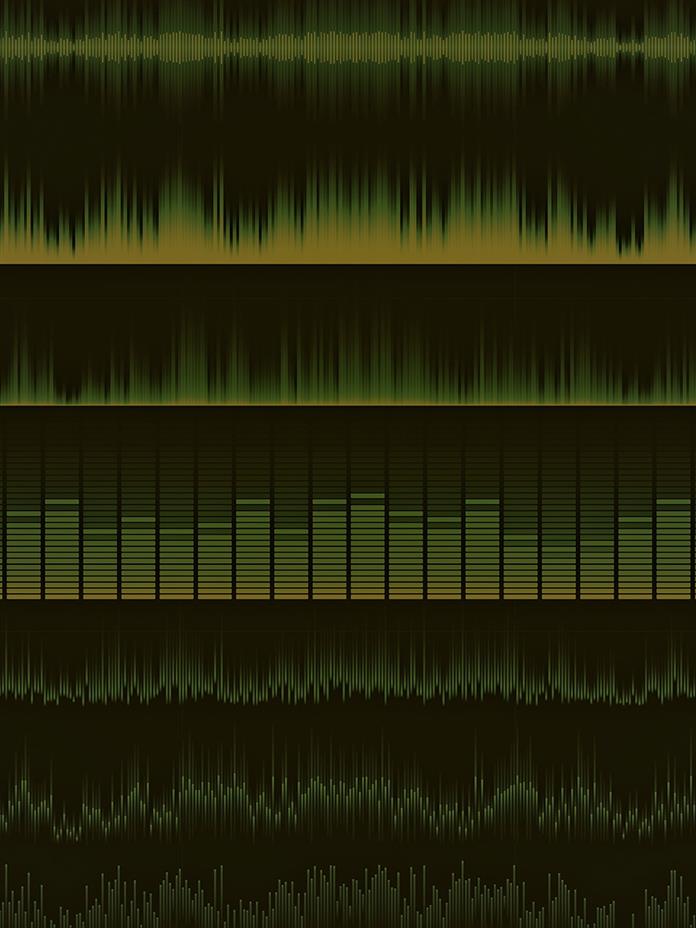
Tap to Read ➤
Information about Career in Music Therapy
Music therapy jobs are one of those jobs that are not at all affected by financial recession. Read to know more about the opportunities in this field...
Stephen Rampur


It has been observed that music has a substantial effect on the behavior, thinking, and emotional stability of a person. And if the mental health of a person is fine, it has a very good effect on his physical health as well.

Owing to the contribution of music in the mind and physiology of an individual, it is largely used to develop a medical treatment plan known as music therapy. As a result, there is a need for professionals who can use music and many of its concepts for treating a patient to live a good life. Those who are employed in such jobs are known as music therapists.

How to Become a Music Therapist?

If you are thinking of becoming a music therapist, you will have to possess a bachelor's degree in the same field from a reputed university. However, this is just the entry requirement, you can excel your career further by pursuing a master's or a doctorate in the same field.

The music therapy courses are a blend of actual classroom training and practical assignments. You may even opt for a specialization for that matter.

You are required to obtain the necessary license for carrying out your job as a music therapist. Along with the needed education, training, and permit; you also have to be good in playing a majority of the musical instruments and understanding the concepts of music. A very important ability that you need to develop is to help patients use meditation music, and other types of music as a self-expressive language of their own.

Job Prospects

Since this is a career from the health care industry, there are many music therapy job benefits; some of which are job security, no effect of recession, and emotional satisfaction. Moreover, the prospects of these jobs are predicted to increase in the near future.

This is because there is a demand for these professionals in a variety of work settings such as public and private hospitals, health-care facilities, schools, educational institutions, rehabilitation facilities, and other places where physiological issues are addressed.

Job Description

The primary responsibility of a music therapist is to address, determine and treat the patients' mental illnesses with medically prescribed standards of music. This simply means that a music therapist uses music to free patients off their mental disturbances, and gives them a good method of self-expression.

Typically, a music therapist consults with psychologists and other medical professionals, to develop specialized treatment and therapy plans according to the condition of patients. He works with people of all age groups, ranging from children to old men and women. He helps patients to express their views and thinking in a way that cannot be expressed by words. A music therapist also has to keep an eye on the development of the patient during therapy.

Salary

The music therapist salary largely depends on the location and facility of employment, related education and training, work experience, and the specific field of study. Those with one to four years of music therapy experience can earn a yearly pay of approximately $32,000 to $43,000. Professionals with five to nine years of experience can expect a per annum pay of around $40,000 to $51,000. The District of Columbia was recorded as the highest paid region for music therapists, with an estimated range of $35,000 to $52,000.